We caught up with the brilliant and insightful Aidan Scrivens a few weeks ago and have shared our conversation below.
Aidan, thanks for joining us, excited to have you contributing your stories and insights. Are you happy as a creative professional? Do you sometimes wonder what it would be like to work for someone else?
I don’t know of anyone in any industry who could objectively say that they are “happy” in their role because that implies a certain sense of consistency. As with any job (and it is a job), being an artist/creative has its ups and downs, its good days and bad days, its moments of euphoria and its moments of utter despair. For every upside, life as a creative has it compromises in other areas, and anyone considering this life ought to weigh up what they value most.
The most obvious sacrifice of working as a creative is financial security. A lot of people say that to work in the arts, you need to do it for the art and not for the money if you want to achieve anything. This is true, but not just because audiences can sense insincerity in works of art, but rather that you will not earn consistent money, period. If you are interested in doing it for the money then quite literally any other career path is a better choice, statistically speaking.
With those statistics in mind, you can’t help but wonder sometimes whether you would be happier with that financial security. Many artists and creatives will tell you that they can’t imagine working in a traditional job and that art is something they feel they are compelled to do above all other things, but you may be surprised to know that just as many of us can and often do imagine doing exactly that. Being a self-employed creative takes a wide variety of skills outside of just the subjective creative ones we talk about most often and a great many of those are valuable in more traditional work settings. It would be a disservice to ourselves to discount the value we could bring to other organisations, and I think a lot of people working as artists and creatives undervalue themselves by not remembering that.
With that said, I do feel an incredible sense of fulfilment when something that I have had a hand in creating is published and immortalised in the world. Contributing to the larger record of human existence through art is something I take pride in, and even if no-one hears it, there is something soothing about knowing that in some small way, I have left my mark on the universe. The creative process allows me to feel unashamedly myself and free in a way no other pursuit ever has. When I am writing or playing, I can express myself in a way words couldn’t possibly do on their own, and there is no substitute for those moments of open honesty as far as I’m concerned.
So much of the work you do as a creative goes unnoticed, undocumented, and uncompensated. Unlike with more traditional, hierarchical work structures, there is no barometer for success — no promotions or pay increases to validate the time and effort you have put in. The next major achievement or, “stepping stone” in your career as an artist could be one day away or ten years away, so you need to learn to love and find meaning in the moment and to find fulfilment in everything you do. Personally, I believe that I spend every day (on average) happier than I would in any other line of work because this life has trained me to value every day, not just the ones I think are going to “pay off”, and so long as I feel that way, you couldn’t pay me enough to make me stop.
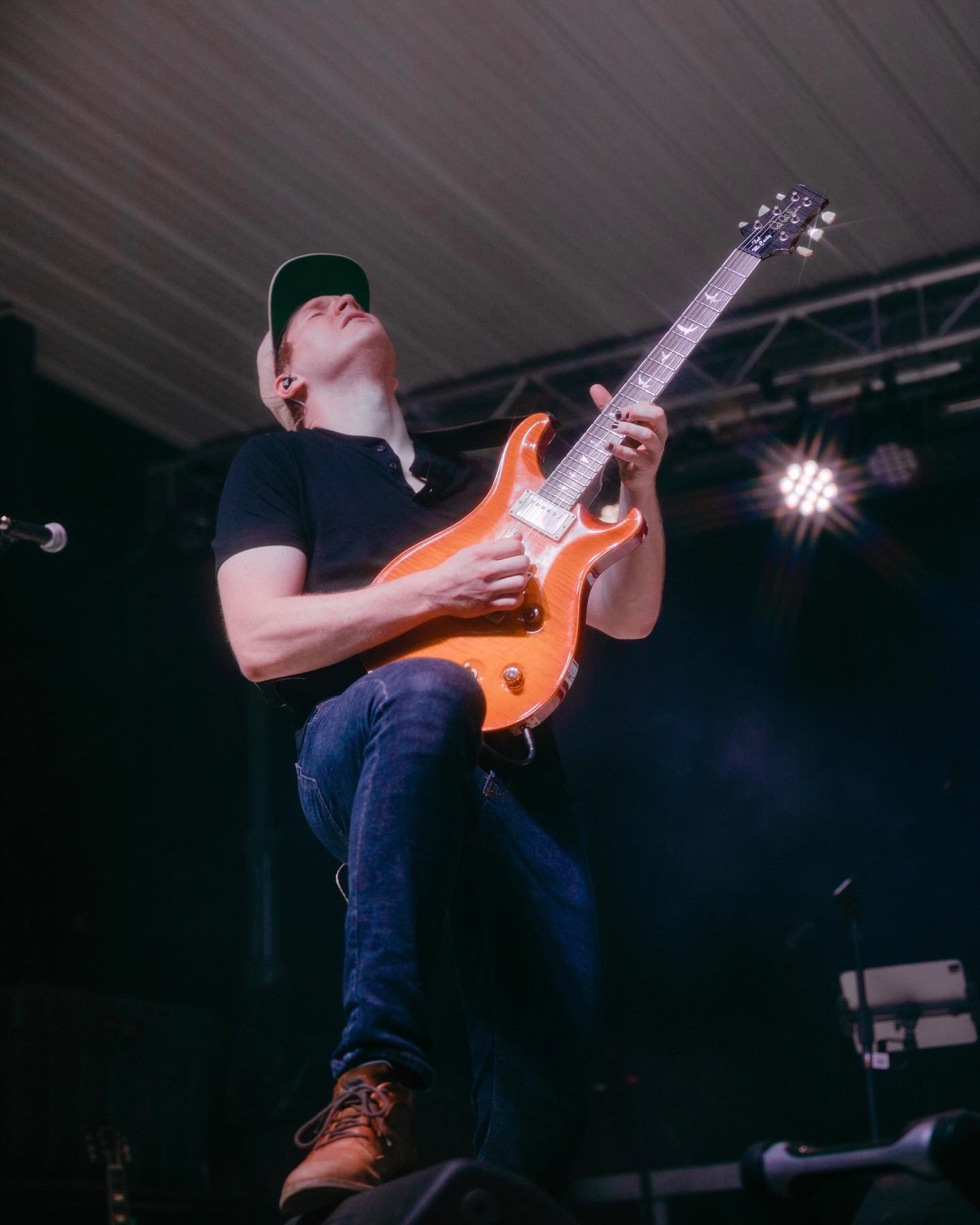
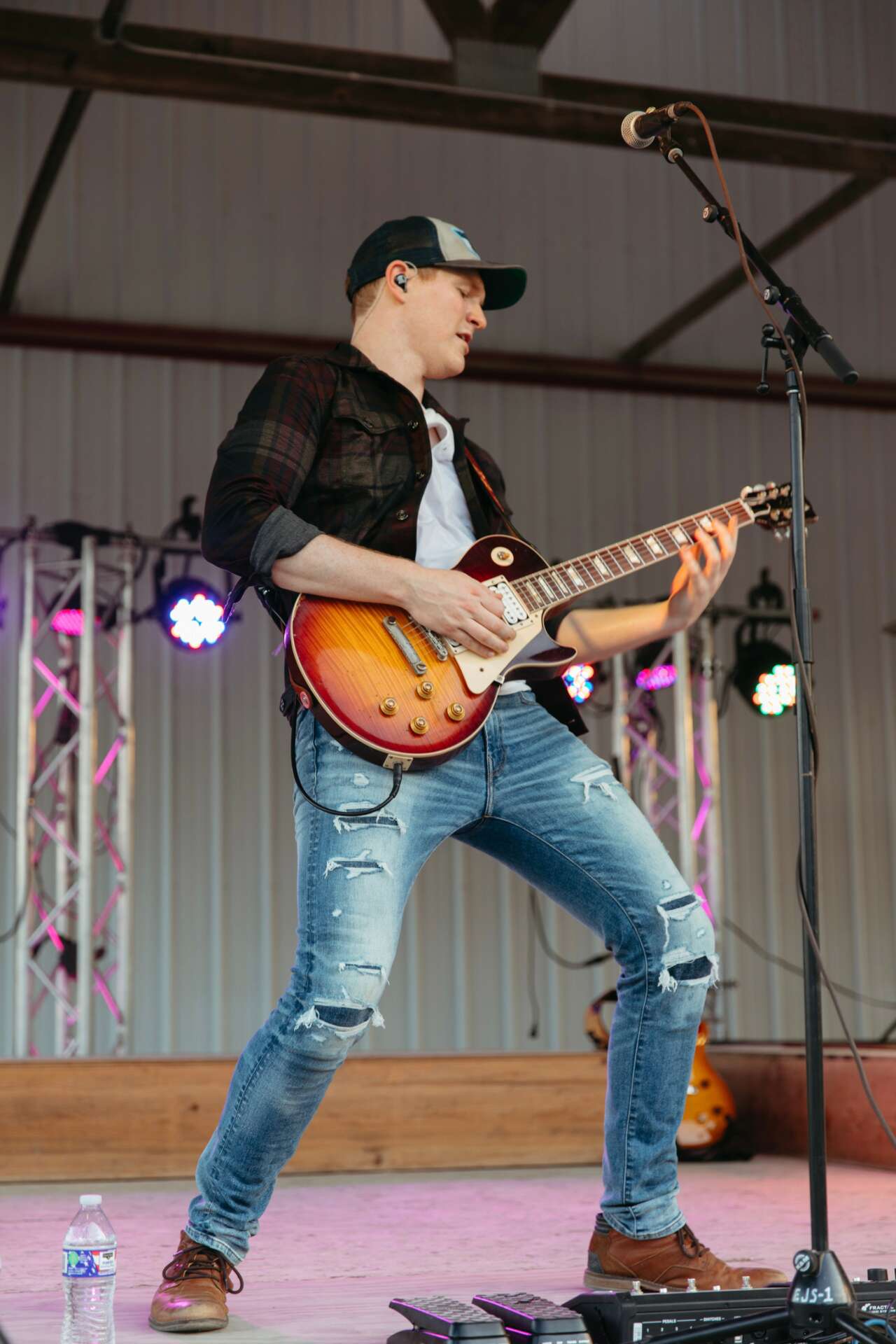
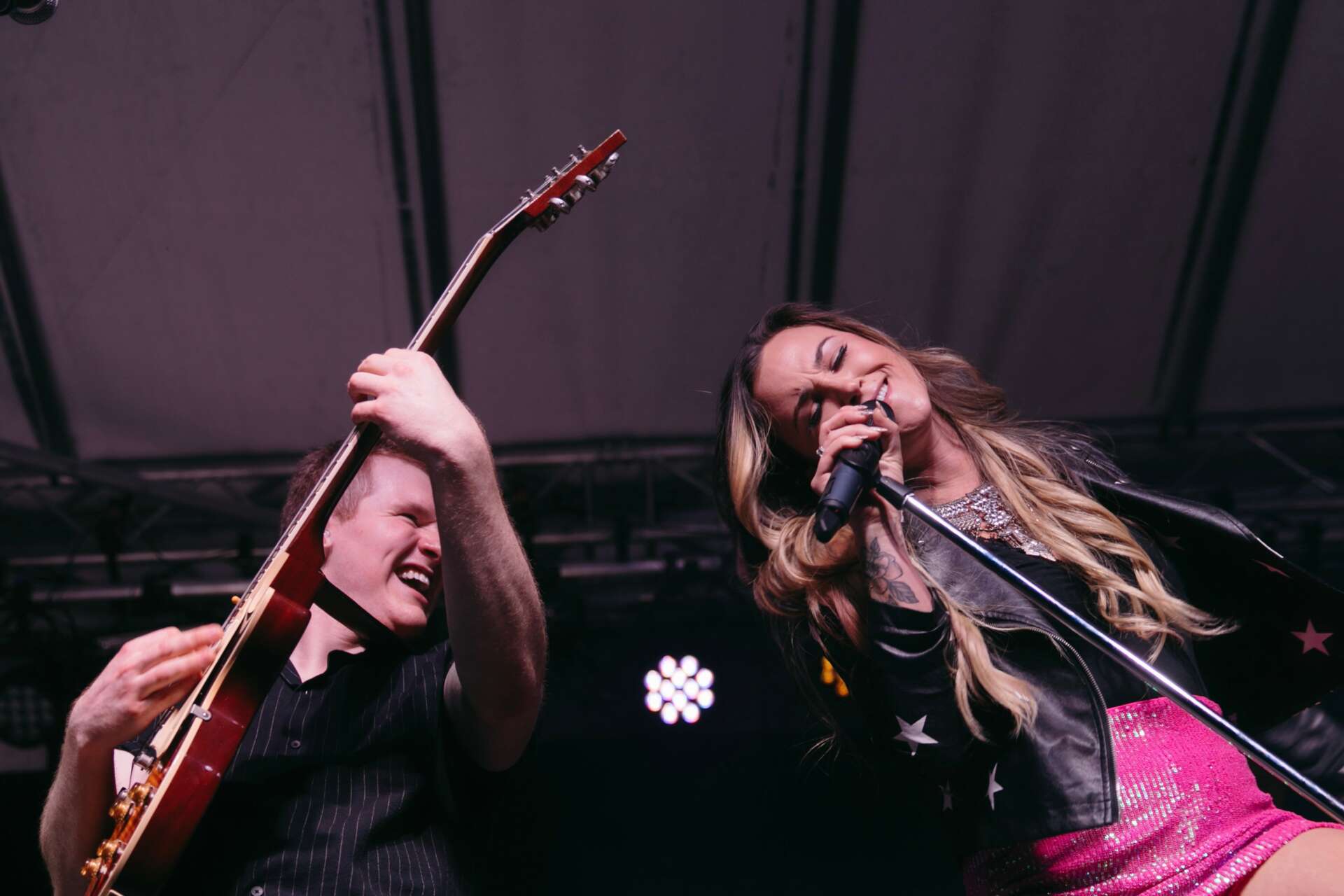
Awesome – so before we get into the rest of our questions, can you briefly introduce yourself to our readers.
I’m a songwriter, producer, session musician, musical director, and live hired-gun instrumentalist based in Los Angeles, CA and Nashville, TN. As an English immigrant, I try to blend the musical influences I grew up with back home with the myriad of new ones that I’ve been exposed to since first coming to the US in 2010. I work in writing rooms, helping to craft songs for artists to record; in studios, helping recording artists polish and perfect the sound of their albums; and on stages, helping performers plan and execute the most exciting live shows possible.
Whilst music has always been a passion of mine, it did not become a professional calling until I was finishing my bachelor’s degree. I had been a self-taught guitarist and amateur recording engineer (emphasis on the word, “amateur”) throughout my teenage years but I had never been around other people interested in recording anything until I went to college. At that time, I met some other like-minded individuals who performed together as a band and I volunteered to record, mix, and master some songs of theirs for fun. After a long and arduous process full of mistakes and subsequent hastily improvised remedies, we finished a short EP for them to release. I’m not sure whatever became of that EP, but I did learn two important lessons from that process: firstly, I enjoyed engineering but I was always going to be jealous of the people actually playing the music, and secondly, actively doing something was always going to teach me more than books and lectures ever could.
After that I launched myself head-first into working directly with artists across the US. I have toured and played all manner of venues and events from empty bars to packed festivals, I have cut records in major studios and remotely by myself in dimly lit rooms (thanks, COVID), I have shared stages with up-and-comers and stars alike and I have made a point to learn as much as possible along the way. I have always tried to approach every new opportunity with an upbeat attitude and a collaborative spirit and I believe that I owe any real success that I’ve had to that outlook.
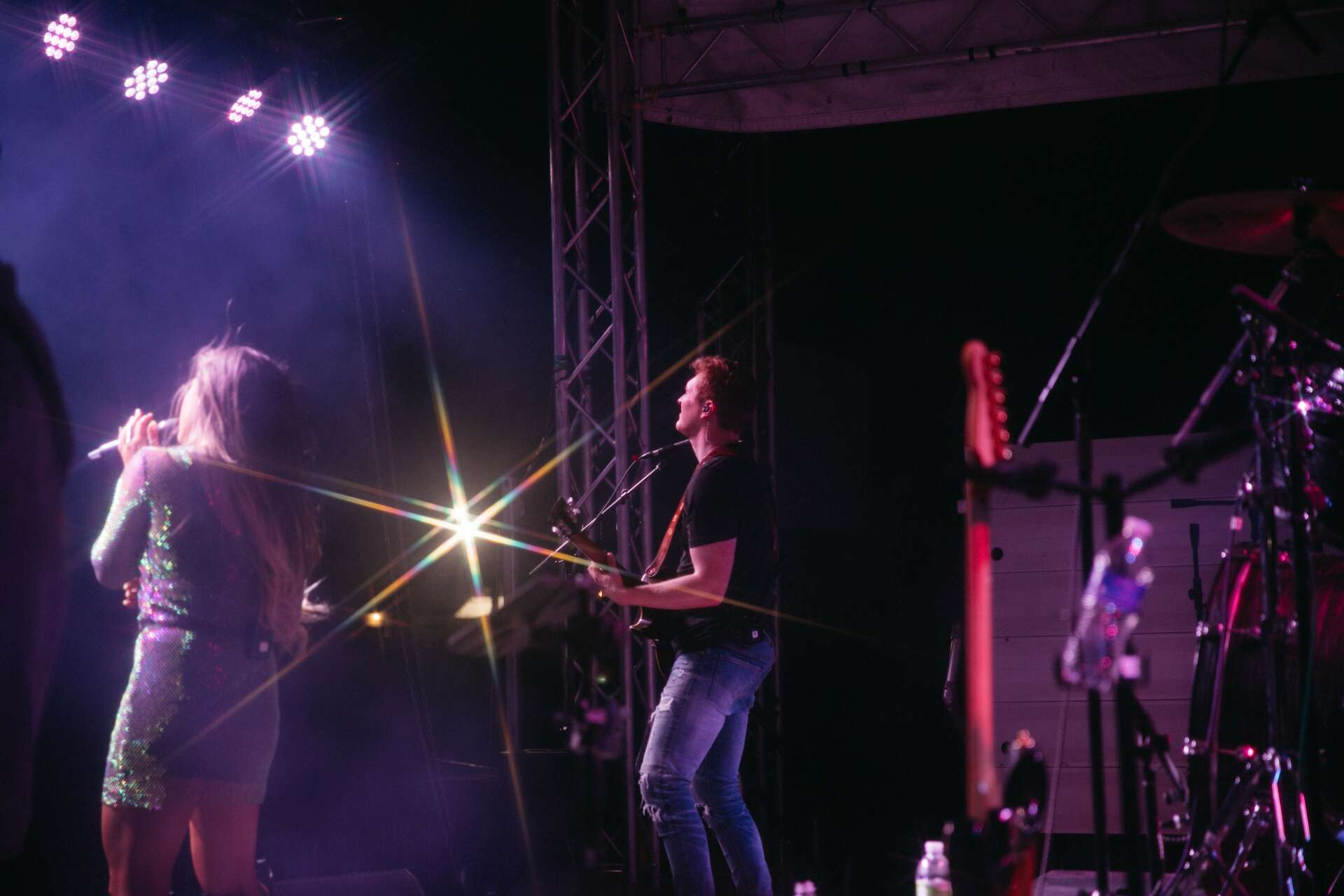
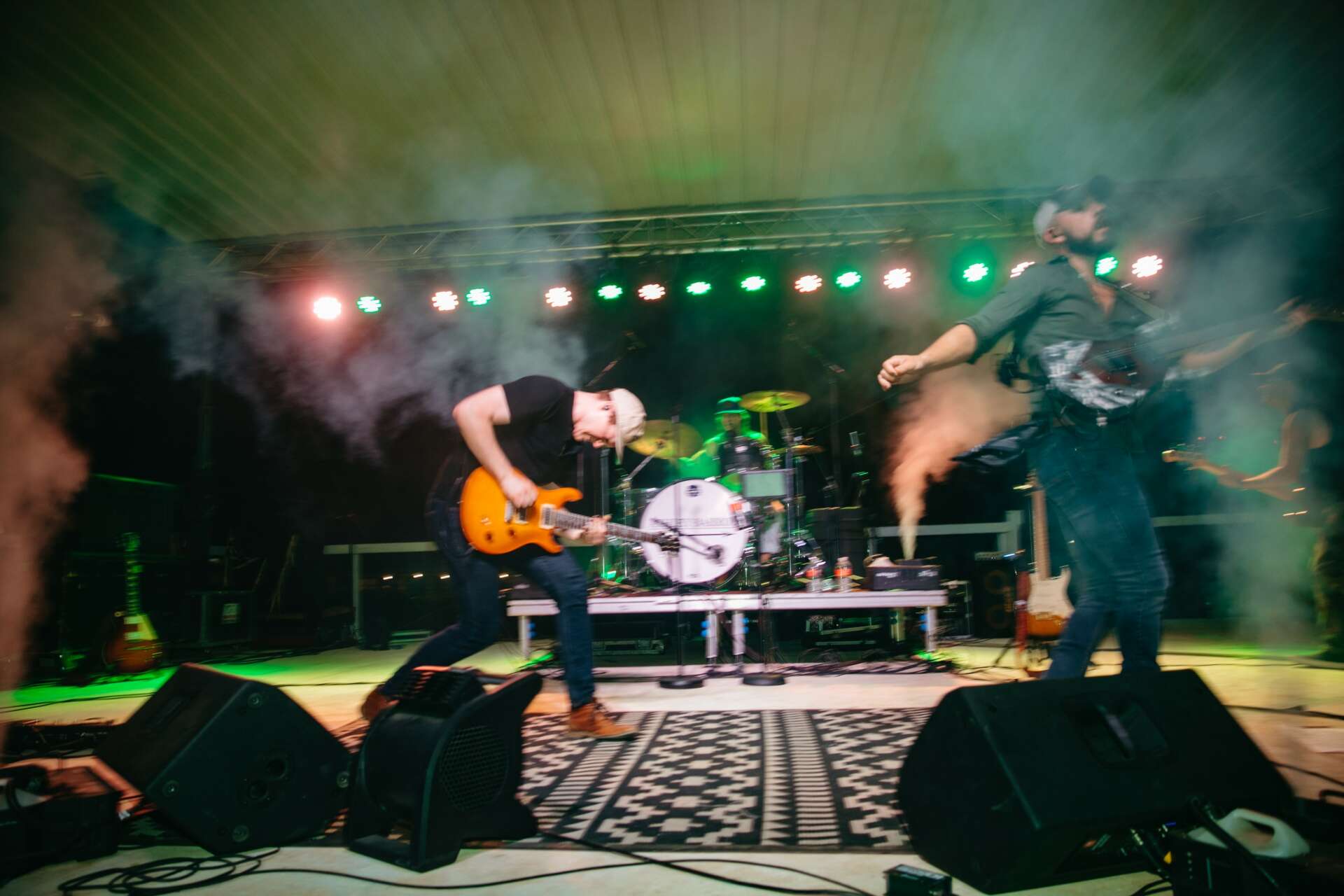
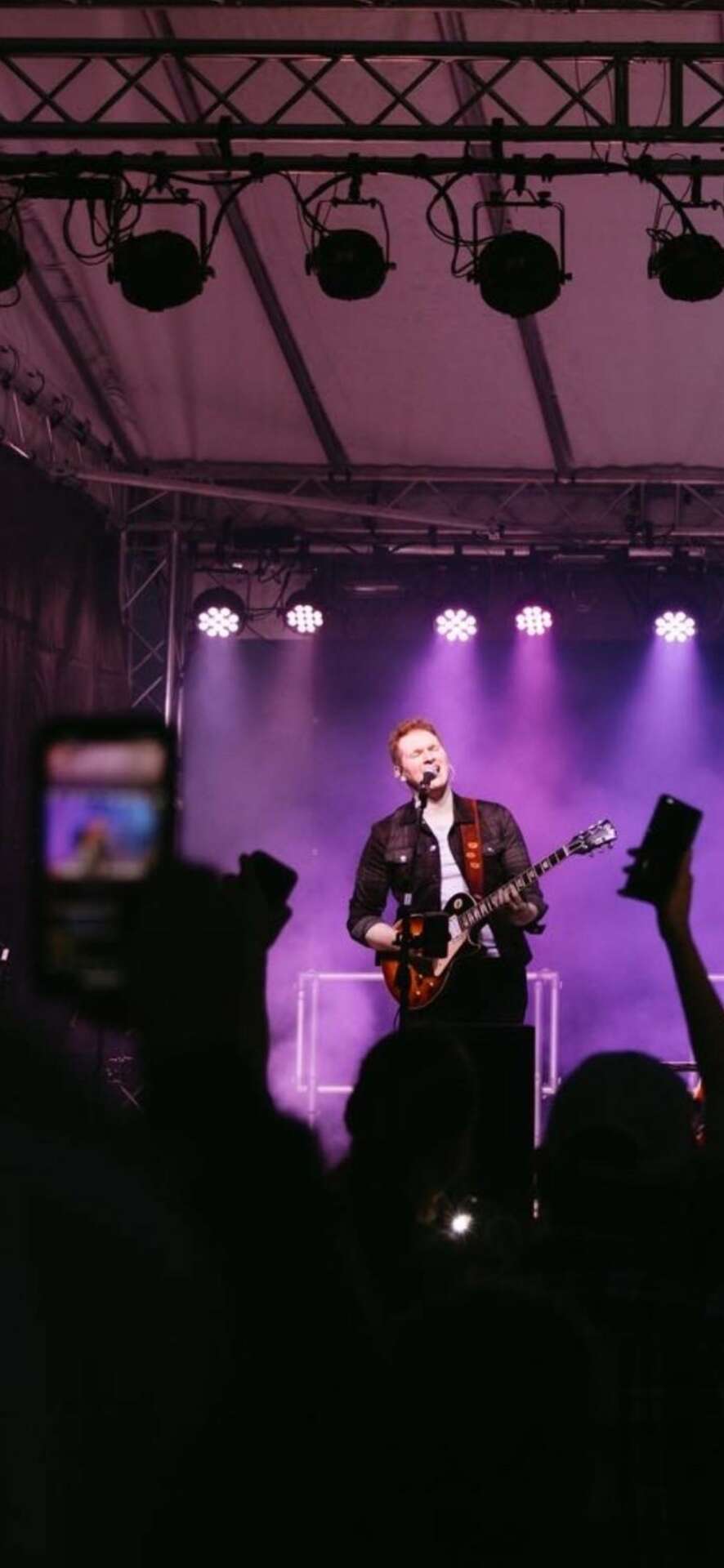
What can society do to ensure an environment that’s helpful to artists and creatives?
The most direct, actionable answer I can give is for people to go to live shows and give their full energy and enthusiasm to the performance. These things not only help an artist by selling tickets and proving their draw-size to potential bookers, but they drastically influence the quality of the performance and the experience for all. It might sound pretentious, but a live show truly does involve the crowd as much as it does the performers. When performers onstage can feel as though they are interacting and communicating with a crowd as opposed to being judged by them, they give much more honest, unique, exciting, and undistracted performances. When a crowd is small, motionless, and/or unresponsive, it feels as though you need to win them over and this can lead to artists and bands struggling to find the self-assuredness necessary to get lost in the music and perform a truly engaging show. If the crowd can convey actual interest in being there, however, the performers onstage can focus solely on delivering a unique and entertaining show. Of course, every musician onstage needs to be able to perform well without a large crowd and I would never ask a crowd to praise a musical act undeservedly, but a little benefit of the doubt at the beginning of a set can go a long way!
Outside of that, simply engaging with artists’ output — be it buying digital downloads/merchandise or just sharing posts about new music coming from artists you know and appreciate — also goes a long way. The only way to create a thriving ecosystem is for everyone to be involved, if everyone can do one small thing each day to engage in an artistic scene they are interested in, it would have a much larger impact than anyone might think.
We often hear about learning lessons – but just as important is unlearning lessons. Have you ever had to unlearn a lesson?
When I first started as a session musician, I thought that the only way I could reach the same heights as my heroes did in their careers was by being known as “the best”. I thought that I needed to reach some mythical level of objective technical prowess that would let me accomplish anything asked of me in the studio. As a result, this is how I tried to market myself to potential clients. After a while of struggling to find work and dealing with the internal imposter syndrome I felt trying to advertise myself as something I knew I wasn’t, it became clear that I wasn’t focusing on the right things.
I would slowly come to realise that my most marketable assets were actually the individual quirks that set me apart – my musical taste, the decisions I would make that others wouldn’t, the sounds I liked, and all of the other unthinking musical reflexes that make me who I am as a musician. Whilst a degree of technical proficiency is required, that is more of a baseline necessity than a marketable skill. My tastes and tendencies will not be the right call for every situation, but only by embracing the fact that I am not always the right man for every job was I able to find the jobs I was right for.
Contact Info:
- Website: www.aidanscrivensmusic.com
- Instagram: @aidanscrivensguitar
- Facebook: www.facebook.com/AidanScrivensMusic/
- Youtube: www.youtube.com/@aidanscrivens8923
Image Credits
Sara Miller Photography


